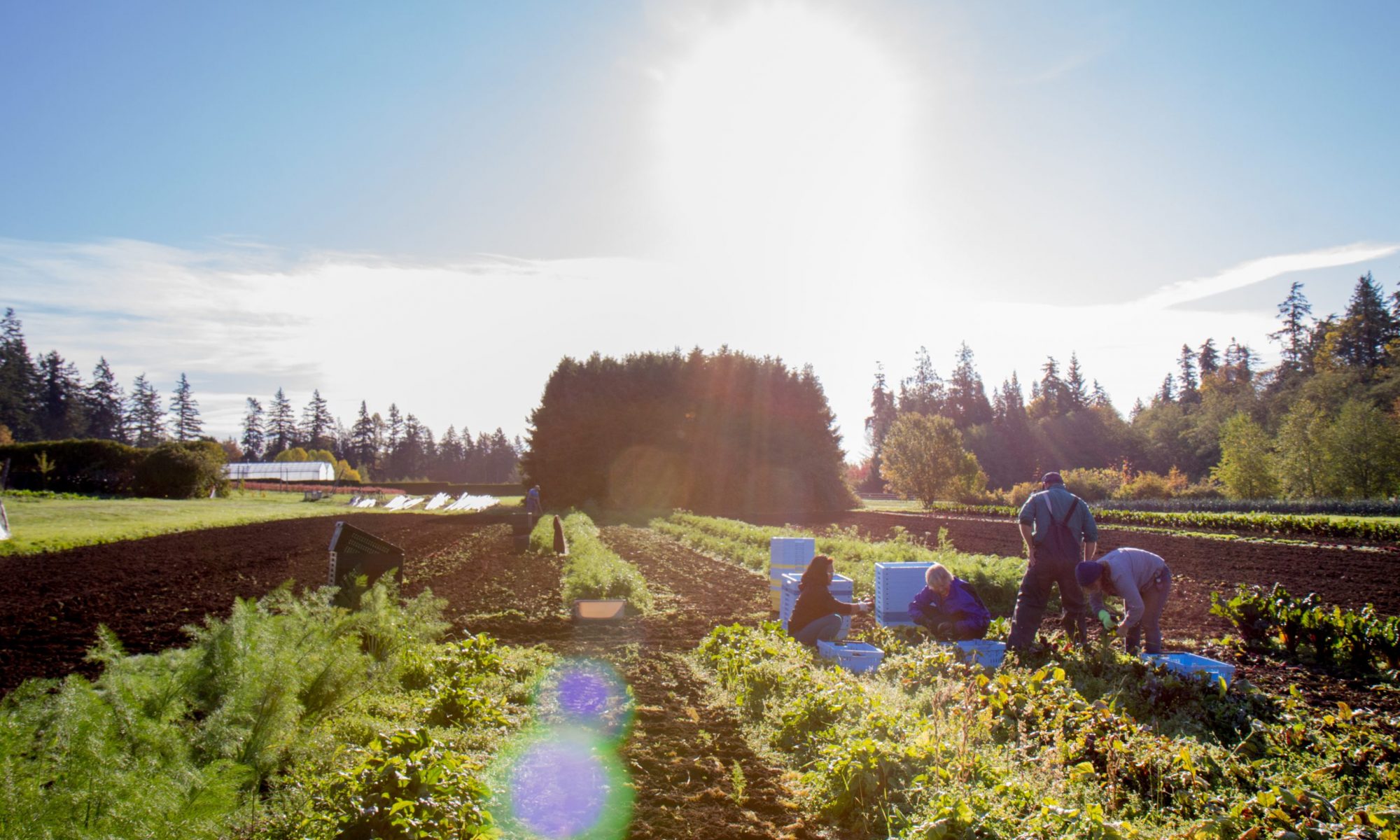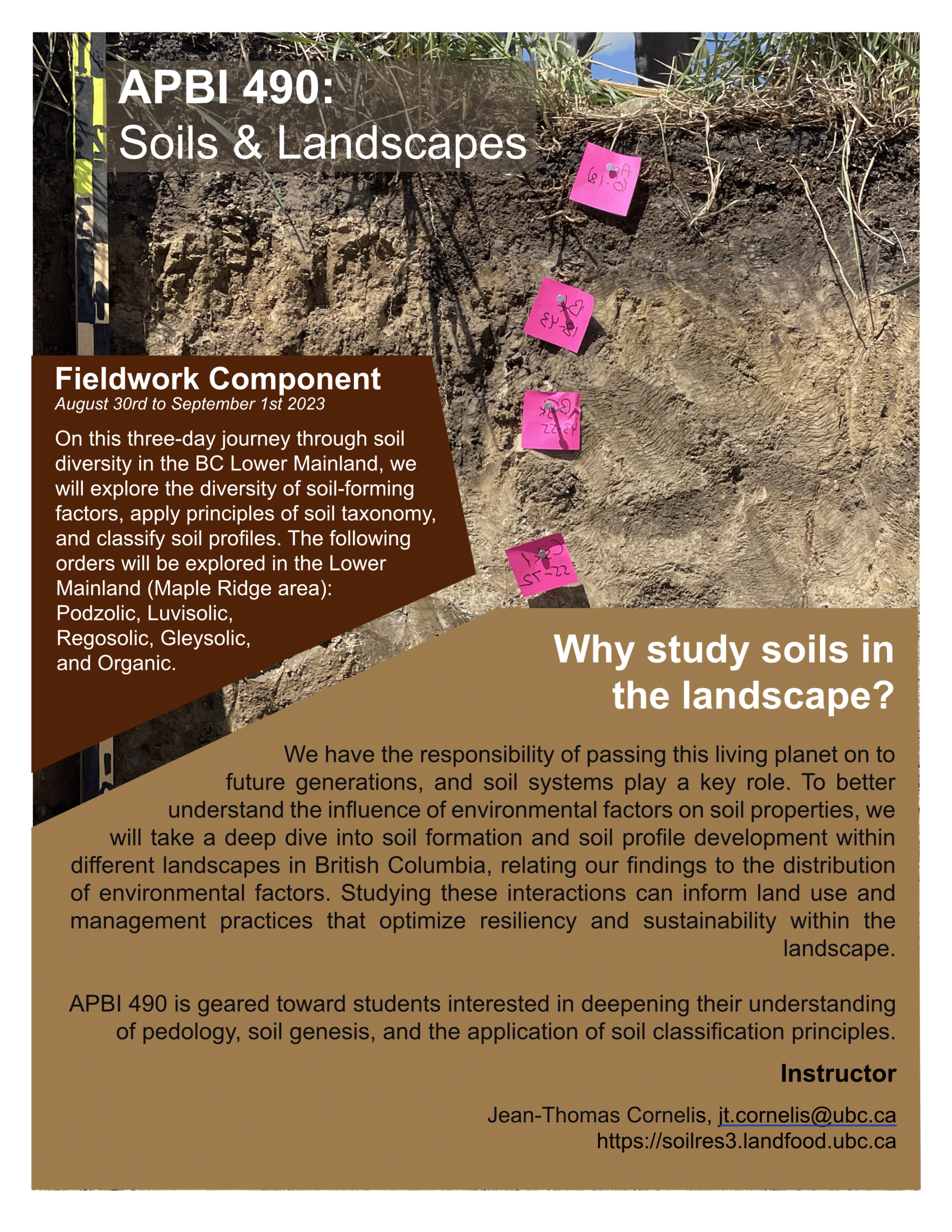Term: 1
Credits: 3
Delivery mode: In-person
Day/Time: Tue/Thu 10 am-11:30 am
Course Description: Effects of climate change on fish physiology, fisheries and aquaculture on regional and global scales
Instructor: Andrea Frommel

LFS Applied Biology Program Blog
A Program within the Faculty of Land and Food Systems at UBC
Term: 1
Credits: 3
Delivery mode: In-person
Day/Time: Tue/Thu 10 am-11:30 am
Course Description: Effects of climate change on fish physiology, fisheries and aquaculture on regional and global scales
Instructor: Andrea Frommel
Are you a 3rd, 4th year, or grad student?
Have you ever wanted to investigate a place or species more deeply?
Have you ever wanted literature to inspire these investigations?
Have you ever wanted to read (short fiction, poetry, essays, and digital texts) more widely on forests, environment, place, and home?
Have you ever wanted to write about the historical, cultural, Indigenous, linguistic/etymological, literary, colonial, patriarchal, economic, mythological, experiential/personal, political, theoretical, systemic, ecocritical, and/or storied dimensions of a place or species?
Take Special Topics/Guided Studies CONS 449 – The Literature of Forests, Environment, and Place – in January of 2025!
*Can be assigned as Restrictive Elective or other requirement with special permission from APBI Program Coordinator (apbi.advising@ubc.ca).
More information here: https://blogs.ubc.ca/writingplace/2024/04/03/new-course-the-literature-of-forests-environment-and-place-cons-449/
CONS 449: The Literature of Forests Environment and Place – Syllabus
*PLEASE NOTE: The deadline to register for APBI 490F 104 is Aug 23 because the field trip component for APBI 490F 104 starts on Aug 29. The off campus field trip requires us to set up accident insurance and this deadline provides time to process the accident insurance.

Introduction to CAS (Critical Animal Studies) will explore how systems of oppression which marginalize humans are intertwined with those that harm nonhuman animals. The literature, research and theoretical frameworks which ground this seminar are those of CAS scholars whose work is rooted in the connection between theory and practice, with an unapologetic emphasis on nonhuman animal liberation from human exploitation. Students in the seminar will choose a topic within CAS which most interests them and lead a lecture and group discussion with their fellow classmates, write reflections on readings, engage in peer review of assignments and write a research paper or complete a creative project. In class we will explore how critical animal studies is connected with and informed by racism, settler colonialism, disability, feminism, domestication, cisheteronormativity, capitalism, media studies, veganism, and grassroots activism.